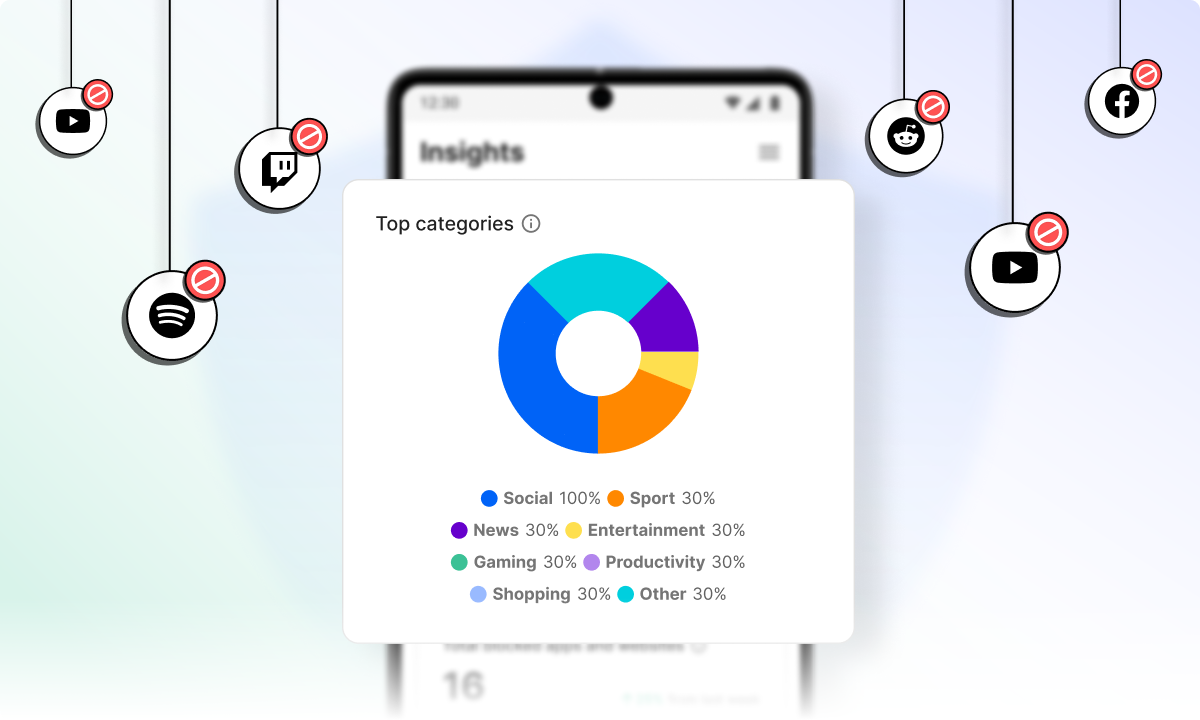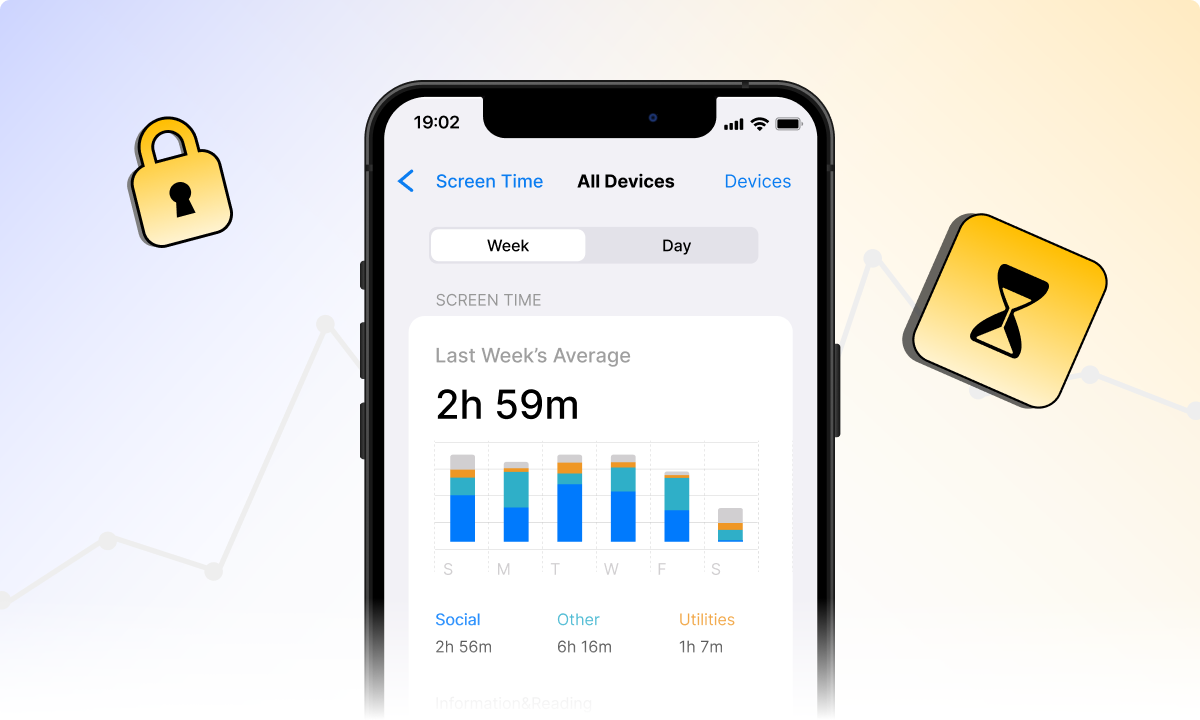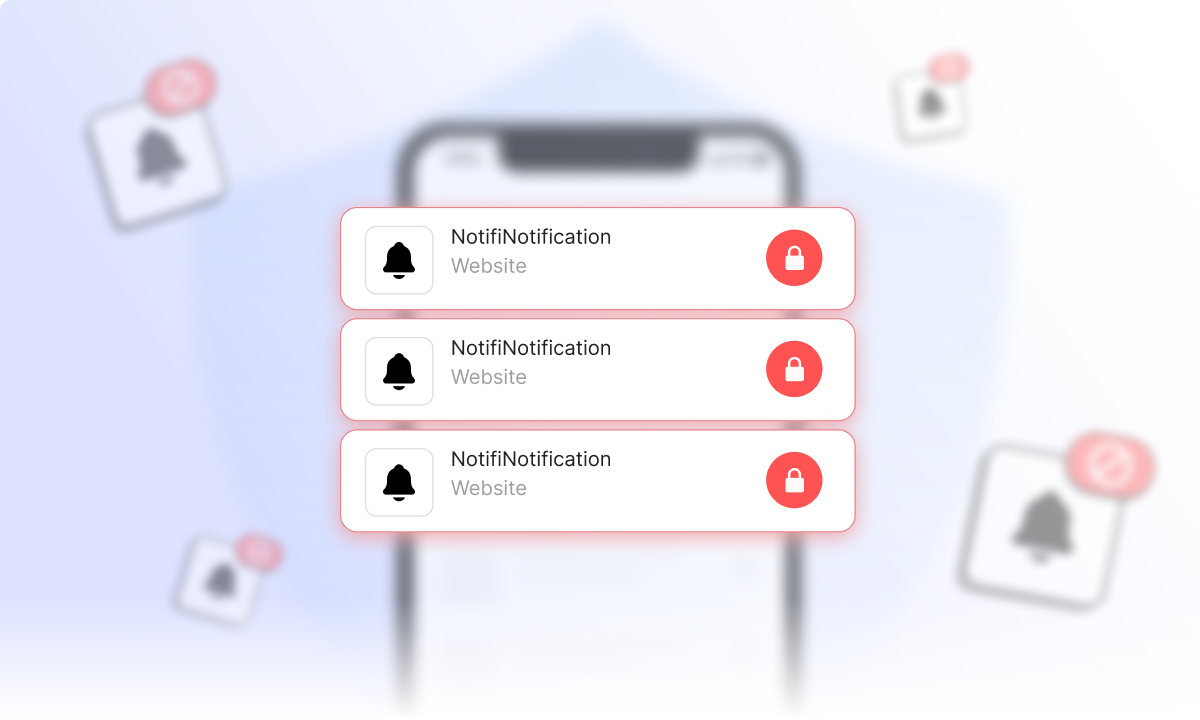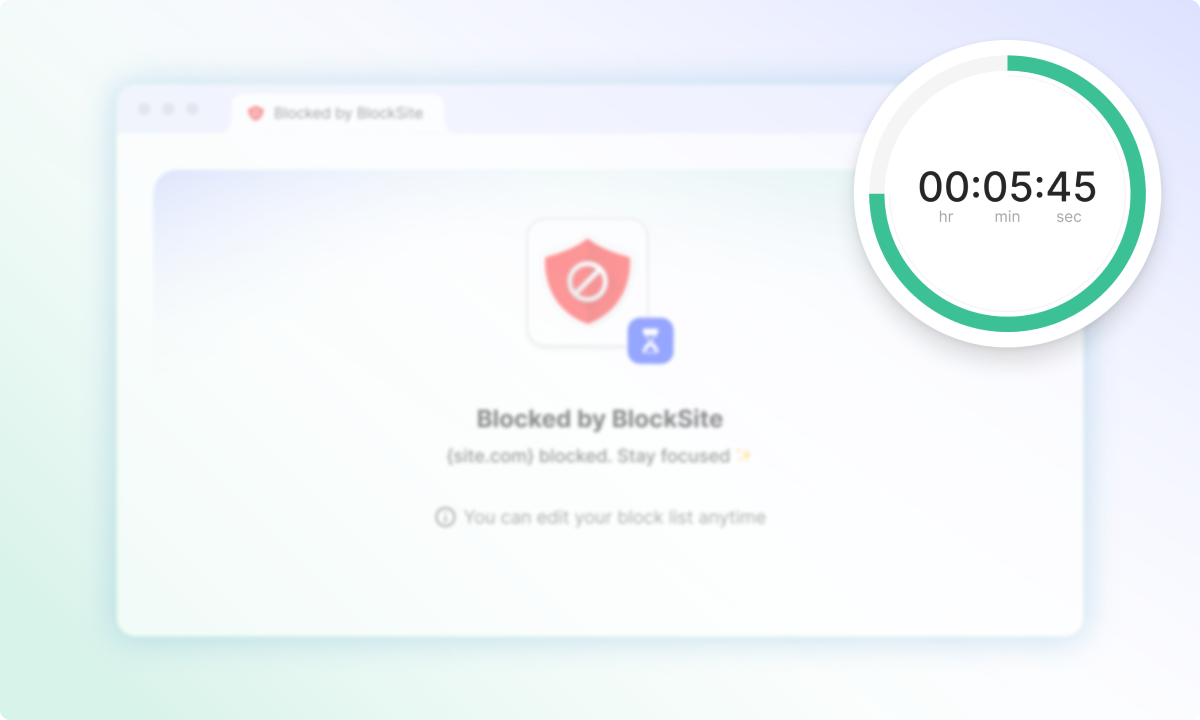It’s another evening, and instead of spending time with your friends or doing a hobby, you’re glued to your screen and so immersed in the latest popular online video game. This scenario is familiar to many. While online gaming can be a fun activity, it actually becomes problematic when it starts to consume a significant amount of your time and affects other aspects of your life. Every day, millions find themselves lost in the virtual worlds of video games, often at the expense of real-world goals and relationships. Based on estimates made by the World Health Organization (WHO), 3.05% of people worldwide are suffering from gaming addiction.
Whether you’re a casual online gamer growing increasingly concerned about the hours you’ve spent in front of the screen, or someone struggling with what feels like an addiction, just the thought of quitting can be daunting. The good news is that there are plenty of practical steps and modern tools that can help you achieve a balanced life, and this is what this guide is for.
How to Stop Playing Video Games?
Online gaming can be a thrilling and rewarding experience. It gives you a unique form of entertainment and escapism. However, when this activity starts to overshadow other aspects of life, it may be time for you to consider strategies for reducing it or totally quitting. The following 11 tips will provide you with a roadmap if you’re looking to break free from your excessive gaming habits.
1. Use BlockSite to Control Disable Access to Gaming Sites
Consider using BlockSite to cut down your gaming time. This platform is designed to help you manage and restrict potentially disruptive online activities like video gaming sites and apps. You can use this as a browser extension and as an app on your mobile phone. Here are some its features that you can use to your advantage:
Block List
Here, you can directly add websites or apps that you find addictive to the Block List. Doing this prevents you from accessing them when you might be tempted to game.
Category Blocking
This automatically blocks websites that are related to gaming. This greatly reduces the chances of stumbling upon game-related content that could trigger a relapse. For best results, add the “Gambling” and “Sports” categories to your block list.
Redirect
As the name suggests, this redirects any of your attempts to access gaming sites to more productive websites like Wikipedia. Aside from preventing gaming, it will also encourage you to spend your time on sites where you can do more beneficial activities.
Custom Block Pages
Using this feature, you can add a customized message on your block pages so that it will remind you of your commitment to quit gaming. You might even want to add a motivational quote or a message to yourself to do more useful and productive activities instead.
2. Acknowledge the Issue
Part of overcoming a gaming habit is admitting to yourself that it might be an actual problem. You might want to reflect on how this activity has already affected your life such as your:
- Daily responsibilities
- Social life
- Emotional well-being
- Relationships
Don’t lie to yourself. An honest self-assessment is important as it lays the groundwork for all of your subsequent efforts to cut back on this addictive behavior.
3. Monitor Your Gaming Hours
Another good way to start is by documenting how much time you actually spend gaming every day. And don’t just make rough estimates here. Be as specific as you can because this will help you gain a clear perspective on the extent of your gaming and its effect on your life. When you see the actual numbers, it can be your wake-up call. In addition, this can also serve as a baseline for setting your goals to reduce it.
4. Set Your Gaming Limits
Once you know your typical gaming habits, you need to set limits that are clear and achievable. Don’t be too ambitious here and be practical. Start by decreasing your gaming time in small increments. For instance, if you usually spend around 4 hours a day, change it to 3, and then gradually reduce it. You might want to use alarms or even gaming-limit apps to help you with these limits.
5. Remove the Temptations
It would really help to have an environment where you won’t be able to do online gaming. If possible, remove any gadgets from areas that you usually go to, such as your bedroom or the living room. You might also want to leave your phone and avoid carrying them all the time so that you won’t be tempted to access online gaming sites. This physical separation helps in breaking your habit loop and may even force you to do other activities instead.
6. Find Yourself a New Hobby
Replacing gaming with other interests is another effective strategy. You should explore activities that are also capable of giving you the same kind of satisfaction when you’re playing these games online, such as:
- Relaxation
- Competition
- Challenge
- Diversion
- Social interaction
Try other hobbies like sports, crafts, reading, or even coding if you’re the techie type of person. These activities can be equally entertaining and even far more rewarding in the long run.
7. Spend Time with Your Loved Ones
Having social support is important when you’re trying to change any habit. When you spend more time with family and friends, it naturally reduces your gaming time. Start by participating in group activities that can help in giving you fulfilling interactions, and strengthening your relationships (or fixing the strained ones).
8. Set Your Goals and Rewards
You can motivate yourself by setting personal goals that are totally unrelated to gaming. These could be:
- Fitness goals
- Reading a certain number of books
- Completing an unfinished or new task
- Learning a new skill
And when you achieve these milestones, be sure to reward yourself in a way that doesn’t involve gaming (of course). This reward system can have a significant influence on how you will behave.
9. Get Physical
Doing physical activities like hitting two birds with one stone. Not only is this beneficial for your health, but it is also a powerful way to reduce your stress and improve your mood, which are the most common triggers for excessive gaming. These regular exercises can do wonders in diminishing your urge to game:
- Gym
- Jogging
- Yoga
- Boxing
10. Seek Professional Help
If you feel overwhelmed by your gaming habits and don’t know what to do, it would be best to seek help from a professional counselor or therapist. They can provide you with proper strategies and support that are tailored to your specific situation. This can help you understand and manage your gaming behavior effectively.
11. Celebrate Your Progress
It’s important that you recognize and celebrate each milestone in your quest to reduce gaming. Give yourself a treat once in a while to increase your morale and commitment. Even if you’ve just reached a week or a month without gaming, consider these as achievements as it can propel you forward and encourage you to go further.
Final Level: Why Quitting Gaming Changes Everything
Regaining control over your online gaming habits is more than just reclaiming your time, it’s about improving the quality of your life. When you reduce your gaming, you’ll be able to improve relationships and your physical health. There’s also greater productivity with your daily tasks and long-term goals. Remember that each step away from gaming opens the door to new opportunities for your personal growth and connection with others.
So face these changes with enthusiasm and see them as your stepping stone to a more peaceful and rewarding lifestyle. When you prioritize real-life interactions and commitments, you’ll be able to achieve a balanced life where gaming has a place, but doesn’t control you anymore. This is your opportunity to reshape your routine and rediscover the joys that come from a fuller and more connected life.
FAQs
What are the signs that I am playing too much video games?
Excessive video game play can manifest in several disruptive ways. You might find yourself constantly thinking about gaming, or you may neglect chores, work, or studies. Social isolation is another red flag, especially if you start declining invitations to spend time playing games instead. Physical symptoms such as headaches, eye strain, and sleep disturbances are also common indicators that your gaming habits may need to be reassessed.
Can video games affect my health?
Yes, playing video games excessively can have several negative effects on both physical and mental health. Physically, long periods of inactivity coupled with the sedentary nature of gaming can contribute to obesity, musculoskeletal problems, and cardiovascular issues. Mentally, excessive gaming can lead to addictive behaviors, increased aggression, and depression, especially if gaming starts replacing most other activities in one’s life.
How do I motivate myself to play less?
Start by setting realistic and tangible goals for reducing your gaming time. Set clear boundaries for when and how long you will play each day. Rewarding yourself for adhering to these limits can be very effective; consider non-gaming related rewards such as a movie night or a special meal. It might also help to share your goals with friends or family, as they can provide you with the encouragement that you need.
What can I do instead of gaming at night?
Nighttime can be ideal for doing relaxing activities and there are plenty of things that you can do which don’t involve screens. Consider reading, this can help you unwind and prepare for sleep. You might also want to try writing in a journal, practicing meditation or yoga, or planning out activities for the next day. These activities not only divert your attention from gaming, they also contribute to healthy sleep habits.
How can I help a friend who plays too much?
When you’re helping a friend who’s suffering excessive gaming habits, you need to be supportive and not judgmental. You can suggest alternative activities that you can do together, such as hiking, biking, or going to the gym. Sometimes, just talking about the issue openly can motivate them to acknowledge their gaming habits and finally decide to quit. Offer them useful resources and constantly share information about the negative effects of gaming addiction, so that they would understand why they need to reduce their gaming time.






